
Texas Gov. Greg Abbott Says He Can't Release His Emails With Elon Musk Because They're "Too Intimate and Embarrassing"
Hmmmm.
Published July 14, 2025
Advertisement
Advertisement
1. The Secret Files of Texas Power

In the sweltering heart of Texas politics, few stories have generated as much intrigue as the secret correspondence between Governor Greg Abbott and tech billionaire Elon Musk.For months, speculation has run rampant about the true nature of their relationship, fueled by reports of emails deemed “intimate and embarrassing” by the governor’s own staff.This revelation set off a cascade of questions about what exactly Musk and Abbott have discussed, and why those conversations must remain shielded from public scrutiny.Texas, once the heartland of traditional oil and gas, has transformed into the nerve center of Musk’s sprawling corporate empire, with Tesla, SpaceX, and even X now calling the state home.Abbott’s open embrace of Musk’s ambitions has been widely documented, from legislative sessions lauding the entrepreneur to official state initiatives inspired by Musk’s own brand of “efficiency.”Requests from journalists and public interest groups for these records have met a labyrinth of delays, legal maneuvering, and a $244 fee for documents that have yet to see the light of day.The governor’s office claims that releasing the emails would have a “chilling effect” on candid decision-making and expose information not “of legitimate concern to the public.”What began as a straightforward request for transparency has morphed into a standoff over the limits of public access and the reach of corporate influence in government.Each new filing, each public statement, only deepens the mystery and the sense that something significant is being kept from the people of Texas.No one knows for sure what’s in the emails—but everyone understands that, in this political climate, information is power.
Advertisement
2. An Unlikely Alliance: Abbott and Musk
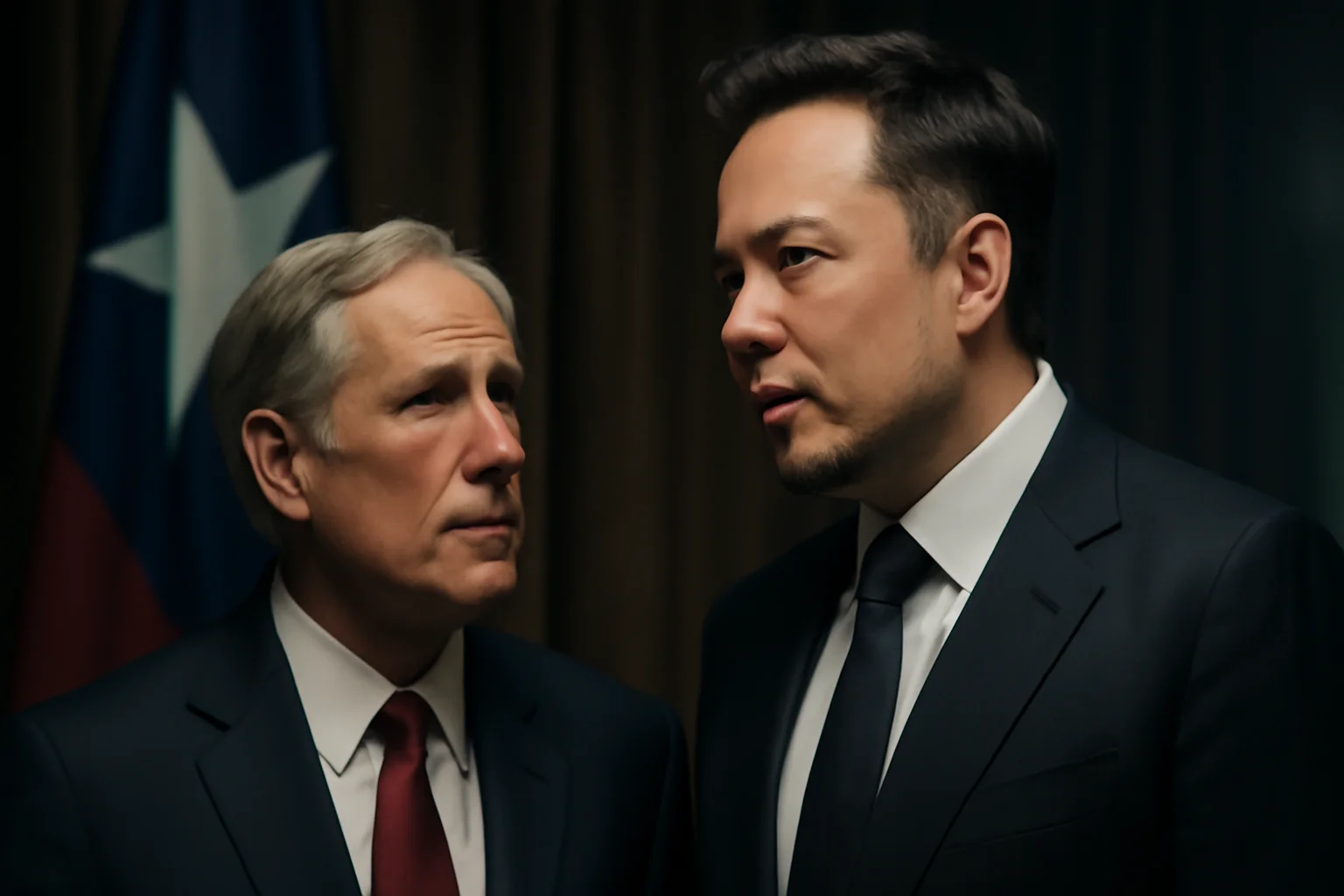
The public partnership between Governor Abbott and Elon Musk is a study in contrasts, but also a testament to how politics and business can intertwine in unexpected ways.Musk’s shift from California to Texas came with more than just a change of address; it signaled a pivot in his personal and professional identity, aligning himself with the Lone Star State’s anti-regulation ethos.Abbott, eager to reinvent Texas as a technology leader, welcomed Musk’s migration and quickly positioned himself as a champion of innovation—at least when it fit within his own political priorities.Tesla and SpaceX found fertile ground in Texas, with new factories, a private “company town” at Starbase, and a regulatory landscape that enabled bold, sometimes controversial, experiments.Behind the public praise, however, was a relentless lobbying effort from Musk’s companies, pushing for favorable laws and unprecedented access to state officials.Abbott frequently cited Musk as a source of inspiration for new government efficiency measures, going so far as to create a Department of Government Efficiency that echoed Musk’s chaotic, unpredictable management style.But the boundary between public policy and private interest grew increasingly blurred, prompting concerns among watchdogs about the true cost of Musk’s influence.When the Texas Newsroom and ProPublica sought access to the governor’s email correspondence with Musk, they did so not out of idle curiosity but out of a desire to understand the mechanics of power in modern Texas.The request—mundane by legal standards—became a flashpoint, exposing the frictions at the intersection of transparency, ambition, and secrecy.While both men basked in the glow of mutual benefit, the question remained: what, exactly, were they discussing behind closed doors?
Advertisement
3. Price of Transparency
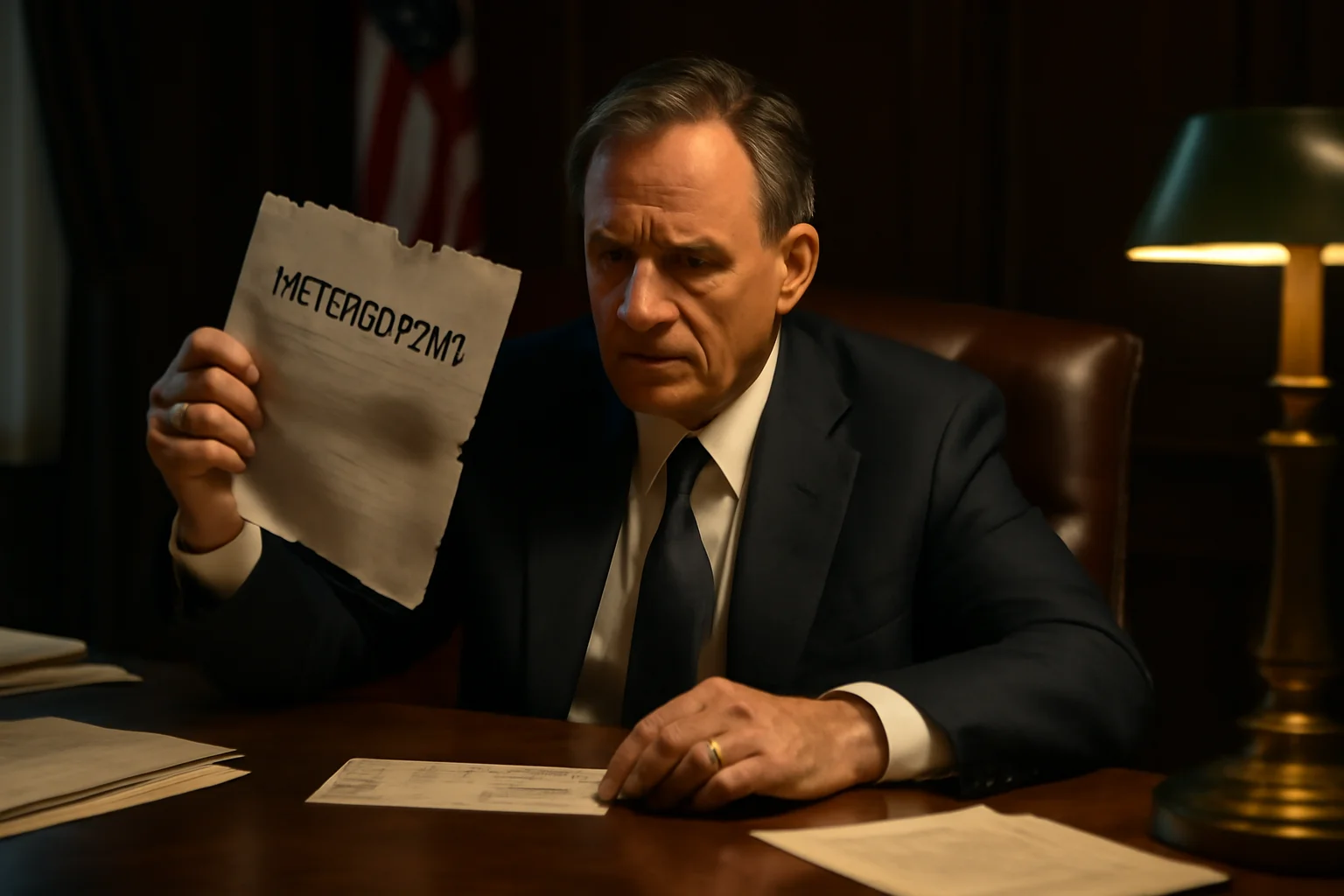
The pursuit of Abbott’s emails quickly became a test case for open records laws in Texas—a state with a long tradition of public access, now under siege by its own leaders.After receiving the request for Musk-related communications, the governor’s office first estimated it would take more than 13 hours to review the records, issuing a price tag of $244.64 for the labor involved.Eager for answers, the Texas Newsroom paid in full, trusting in the state’s promise to deliver public documents in good faith.But after the check cleared, Abbott’s staff pivoted, declaring the entirety of the records confidential and petitioning Attorney General Ken Paxton for permission to withhold them.They cited exceptions rooted in “common-law privacy,” claiming the emails contained details about legal strategy, policy deliberations, and information that could compromise the state’s investment negotiations.More pointedly, they argued that some of the emails were “intimate and embarrassing,” invoking language typically reserved for highly sensitive personal data.This boilerplate defense, often used to protect medical or family records, now shielded exchanges between the governor and the world’s richest man from public review.The response stunned legal observers and drew sharp rebukes from public records attorneys, who saw it as a brazen exploitation of privacy laws to shield politically damaging information.The episode sent a clear message to anyone seeking answers from the highest echelons of Texas power: the cost of transparency may be high, but the price of secrecy is higher still.
Advertisement
4. The Supreme Court’s Ace Card

Any hope for a judicial remedy was quickly dashed by a June ruling from the Texas Supreme Court, which granted near-total discretion to top state officials over public records requests.Under the new precedent, only the court itself can review whether state officials are complying with open records laws—a decision that effectively shields the governor, attorney general, and other high-ranking leaders from legal challenge.In practice, this means that any records the governor declares confidential will likely remain so, absent an extraordinary intervention from the justices themselves.The ruling was the culmination of years of tension between open government advocates and state leaders who have sought ever more leeway to withhold sensitive documents.For critics, the decision amounts to an “ace card” for politicians eager to keep their communications under wraps, even as they conduct public business in partnership with powerful corporate actors.The impact of the decision is already being felt: requests for records related to the January 6 Capitol attack, the Uvalde school shooting, and now, Musk’s influence at the Texas Capitol, have all been stonewalled using this new legal shield.The court’s logic rests on the notion that open debate and candid advice require privacy, but transparency advocates warn that it creates a culture of impunity at the highest levels of state government.The consequences of this new legal reality are still unfolding, but for now, the governor’s emails remain locked away, inaccessible to the public whose interests they ostensibly serve.What began as a procedural dispute has transformed into a broader reckoning over the future of accountability in Texas.
Advertisement
5. Secrets in the Shadows of Power
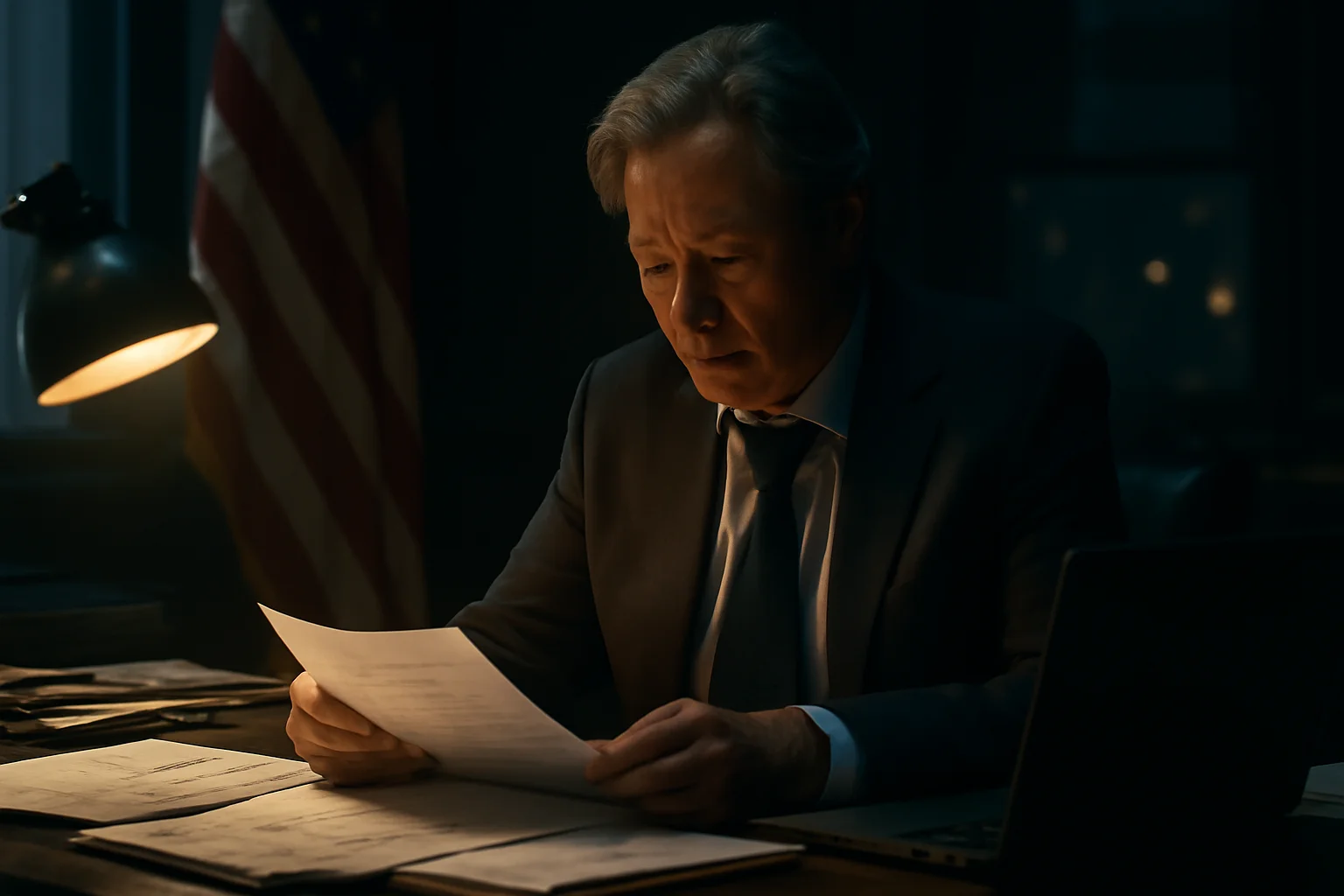
As the legal battle raged, questions grew louder about what might be hidden within the confidential emails.Did they reveal Musk’s lobbying tactics, detailed incentives offered by the state, or candid assessments of political opponents and policy strategies?Or did they contain more personal exchanges—perhaps financial deals, undisclosed agreements, or other arrangements that could embarrass both parties if made public?SpaceX, through its attorney Kevin Bagnall, echoed the governor’s arguments, insisting that the release of the emails would cause “substantial competitive harm” by disclosing sensitive commercial information.Most of the company’s rationale was redacted in public filings, heightening the air of mystery around the entire episode.Legal scholars noted the peculiarity of using privacy laws—meant to protect individuals’ most sensitive information—to shield correspondence between two of the nation’s most powerful men.In public statements, neither Musk nor Abbott offered specifics about the nature of their communication, while their spokespeople stonewalled reporters and deflected further inquiries.The episode left observers with the sense that whatever lay within the emails, it was deemed too explosive, embarrassing, or valuable to risk exposure.The longer the records remained hidden, the more tantalizing the possibilities became, fueling a media frenzy and a growing sense of distrust among Texas citizens.Transparency advocates warned that when power is exercised in darkness, the line between public service and private interest becomes dangerously blurred.
Advertisement
6. A Pattern of Influence
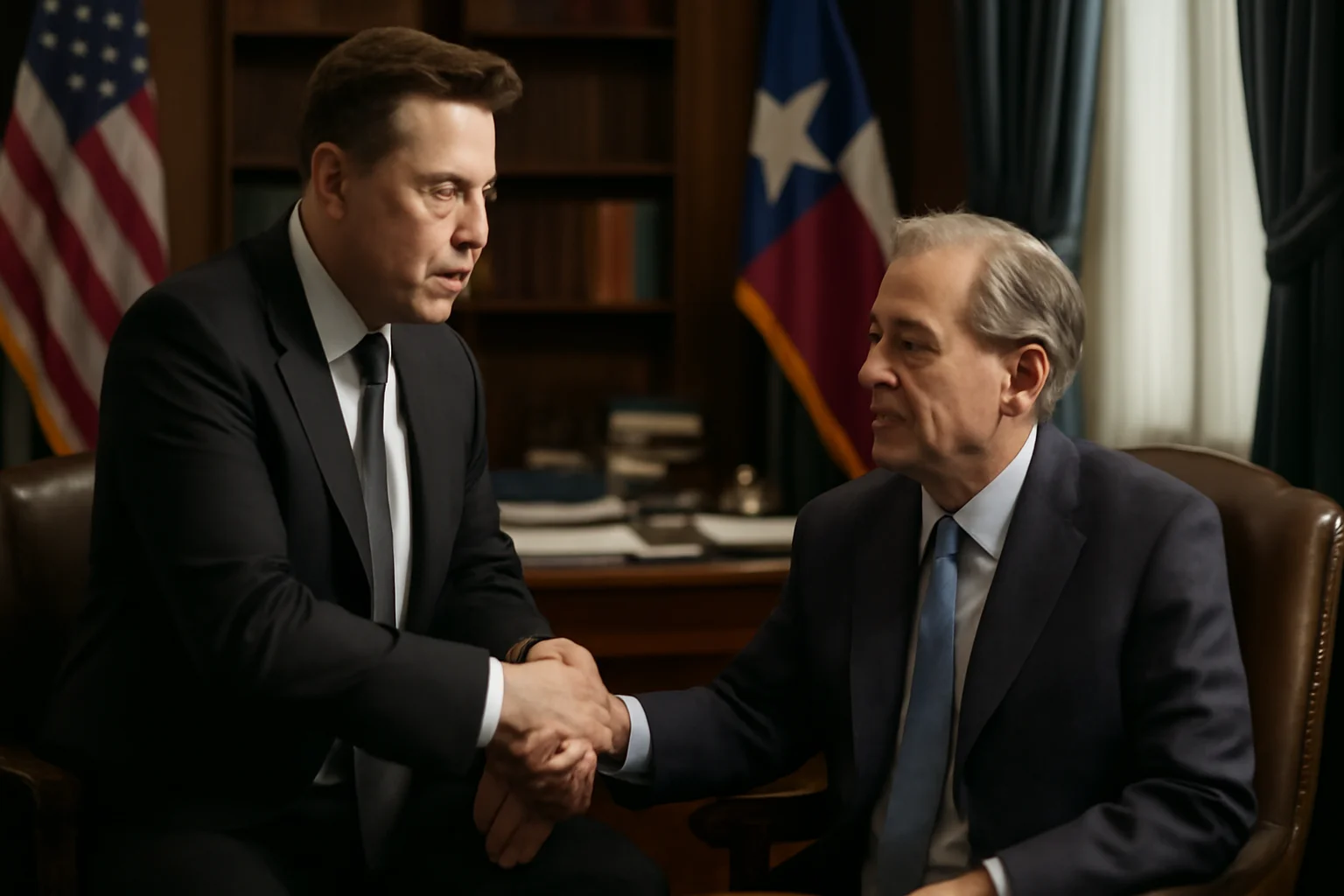
The Abbott-Musk correspondence is only the latest chapter in a much larger story: the rise of corporate influence over Texas politics.Musk’s relocation to Texas was not just a personal decision but a calculated business move, designed to leverage the state’s lax regulatory environment and pro-business political culture.His companies have since enjoyed unique privileges, from expedited permits and favorable zoning to direct lines of communication with top state officials.Abbott has been open about his admiration for Musk, frequently highlighting the billionaire’s role in shaping state policy on everything from government efficiency to economic development.In return, Musk has used his platform to promote Texas as a haven for innovation—and for the kind of hands-off governance that allows him to operate with minimal interference.Journalists have documented a series of meetings, emails, and legislative efforts that seem tailored to Musk’s needs, raising red flags for those concerned about the erosion of public oversight.Records previously released under less contentious circumstances have shown Texas lawmakers coordinating with SpaceX representatives and even advocating for federal policy changes to benefit the company’s ambitions.But with the Supreme Court’s decision and Abbott’s new commitment to secrecy, it has become far more difficult to trace the full extent of Musk’s influence.The case has emerged as a litmus test for the balance of power in Texas, challenging the very notion of who truly governs the state.
Advertisement
7. The Stakes

The refusal to release the Musk-Abbott emails has broader implications for the transparency and legitimacy of government in Texas.Open records laws are a cornerstone of democratic accountability, providing citizens and journalists with the tools needed to scrutinize the actions of their leaders.When exceptions to these laws are abused or expanded, the result is a government increasingly unmoored from the public it serves.In this case, the stakes are particularly high: the outcome will set a precedent for how future requests for information involving high-ranking officials and major corporate interests are handled.If the governor succeeds in keeping the emails private, it could embolden other officials to invoke the same justifications for a wide array of communications.Legal experts warn that this could lead to a “black box” government, where the public is denied the ability to understand how major policy decisions are made and whose interests they truly reflect.Already, watchdog groups and media organizations are raising alarms about the chilling effect on investigative reporting and civic engagement.The controversy has reignited debates about reforming Texas’s open records statutes and the need for stronger oversight of both elected officials and corporate actors.Whether this episode results in real change or further retrenchment remains an open question.For now, the fight for accountability continues, even as the shadows lengthen over the corridors of power.
Advertisement
8. Money, Power, and the Cost of Secrecy
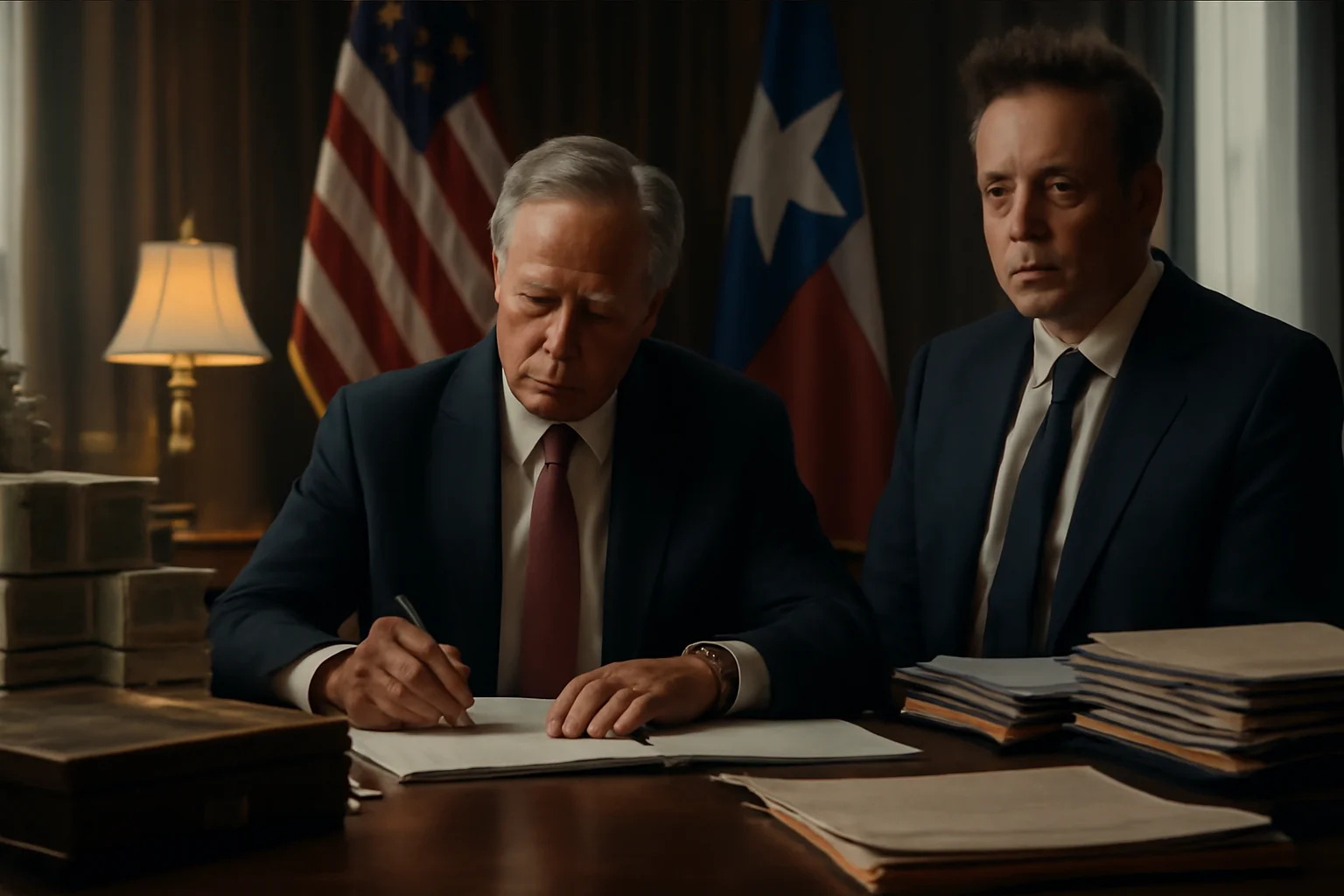
The financial dimensions of the controversy are as revealing as the legal arguments.By charging a fee and then refusing to deliver the requested records, Abbott’s office has highlighted the financial barriers ordinary citizens face when seeking government information.Public records requests are supposed to level the playing field, giving everyone—regardless of wealth or status—access to the workings of their government.But as attorney Bill Aleshire observed, charging for records with “no intention of giving” them is a form of institutionalized obstruction.This practice, paired with expansive legal justifications for withholding information, raises the cost of scrutiny and erodes trust in the system.Meanwhile, Musk’s growing influence in Texas politics raises questions about how wealth can be used to shape public policy without adequate transparency or accountability.As more corporations and billionaires follow Musk’s lead, the battle over who controls information—and by extension, who controls power—will only intensify.At the center of it all remains a fundamental question: does the public have a right to know how its leaders are influenced by those with the deepest pockets?The Musk-Abbott episode has made clear that the fight over secrecy is inseparable from the fight over money and power.
Advertisement
9. The Wait for Answers

With the attorney general’s office now tasked with issuing a final ruling, Texas—and the nation—waits to see whether any of the Musk-Abbott emails will be made public.By law, the office has up to 45 business days to decide, but the outcome is far from certain, given the recent Supreme Court decision and the political sensitivities involved.Advocates for transparency remain skeptical that a meaningful disclosure will occur, pointing to the state’s track record of stonewalling contentious records requests.Even if some emails are eventually released, they may be so heavily redacted as to provide little real insight into the dealings of Musk and Abbott.In the meantime, public trust continues to erode, as citizens grow frustrated with the perception of a government that answers more readily to billionaires than to the voters who put it in office.The episode has become a rallying point for those pushing for reform, inspiring calls for new legislation and renewed activism around open government.But the stakes are not just local: as Texas rises in national prominence and serves as a model for other states, the outcome here will reverberate far beyond its borders.Every day the records remain hidden is another day that the true story of corporate influence and political power remains unwritten.Whether justice, transparency, or continued secrecy will prevail is now the question on everyone’s mind.
Advertisement
10. Lessons for the Future
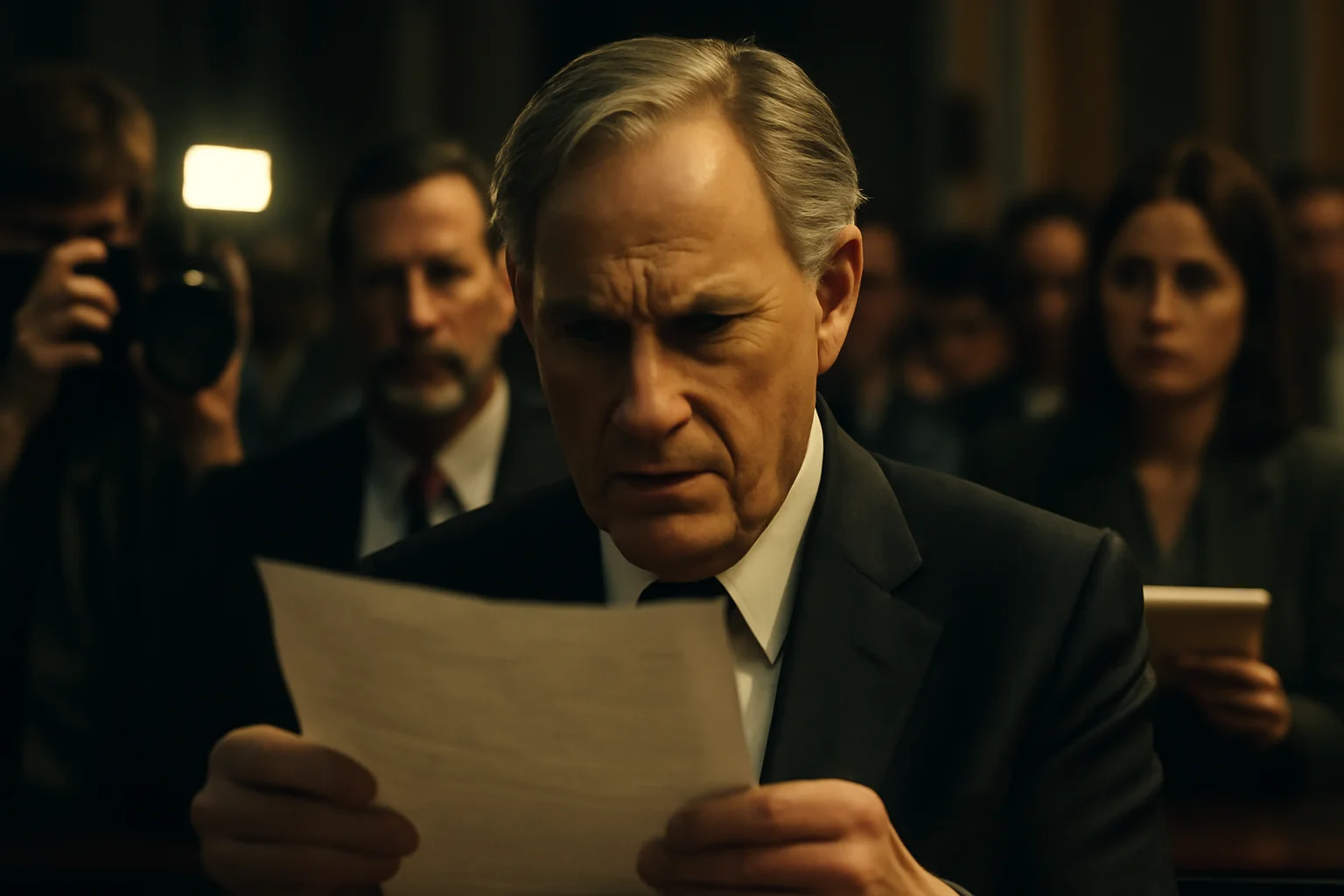
The saga of Abbott’s secret emails with Musk is more than just a story of hidden correspondence; it’s a cautionary tale about the dangers of unchecked power and the erosion of public trust.As Texas moves deeper into an era defined by the convergence of technology, wealth, and political ambition, the need for vigilance has never been greater.The controversy has exposed vulnerabilities in the state’s open records laws and underscored the importance of robust, independent journalism.It has also highlighted how legal loopholes and judicial rulings can be leveraged to protect those at the very top, even as ordinary citizens are left in the dark.The lesson for the future is clear: democracy depends on transparency, and transparency depends on the willingness of those in power to submit themselves to scrutiny.If Texas—and the nation—wants to avoid sliding into a culture of secrecy and impunity, now is the time to reaffirm the principles of accountability and open government.Whether the Musk-Abbott emails are ultimately released or remain forever locked away, the fight for access has sparked a broader movement for reform.In an age when money, technology, and politics are more intertwined than ever, only persistent questioning, activism, and vigilance can ensure that power remains accountable.The true cost of secrecy is measured not just in withheld documents, but in the public’s right to know—and to shape—the future of its own governance.
Advertisement
Read This Next

Japan Set a World Record For Internet Speed: It Can Download All of Netflix in 1 Second
This is mind-blowing.
Advertisement
Advertisement
You May Also Like





